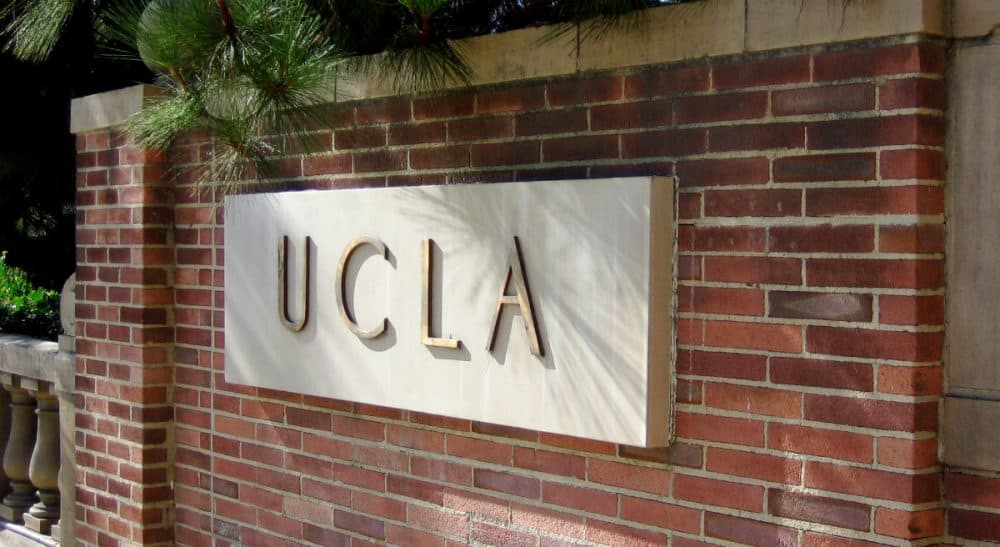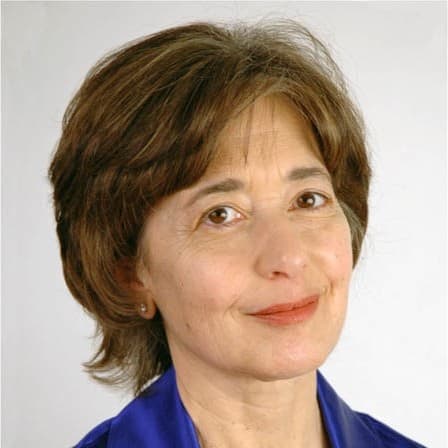Advertisement
The Flap At UCLA Over A Student Council Election Reveals More Than Anti-Semitism

“Given that you are a Jewish student and very active in the Jewish community, how do you see yourself being able to maintain an unbiased view?” That was the obnoxious question posed to Rachel Beyda, an undergraduate seeking election to U.C.L.A’s student council’s judicial board. Her nomination was voted down, but she was subsequently elected, unanimously, after a faculty adviser intervened.
It’s difficult to imagine a Latina, African-American, lesbian or transgendered student candidate encountering similar skepticism about her fair-mindedness...
This was a front-page story in The New York Times, and it sparked deep concern about anti-Semitism on campus and the increasingly slippery slope, on and off campus, between anti-Semitism and anti-Zionism. The Boycott, Divestment and Sanctions (BDS) movement against Israel, in particular, is blurring the lines between irrational mistrust or hatred of Jews and reasoned protests of Israeli policies.
But put aside, for the moment, the role of recent anti-Zionist movements and historic anti-Semitic biases in the initial rejection of a Jewish student’s candidacy. It also reflected the blinkered approach to justice and equality that governs may campuses today.
The classic ideal of individual rights as inalienable and universal is being supplanted by a “progressive” view of rights as instruments of power. It advocates the unequal distribution of rights to reflect what are presumed to be unequal distributions of power. From this perspective, women and male members of historically disadvantaged groups have the right to shut down or shut up white, “advantaged” heterosexual males engaged in allegedly sexist, racist, homophobic or otherwise offensive speech. But the offending males, exhorted to "check their privilege," don't have equal rights to silence or complain when they feel verbally offended or denigrated in turn."

What does this have to do with the bigoted questioning of a Jewish candidate for student government? The belief that Jewish people (however small in number) wield excessive power is a historic anti-Semitic canard. When it coincides with anti-Zionism, it removes Jews from the charmed circle of historically disadvantaged students who deserve deference on campus and the full panoply of rights. It’s difficult to imagine a Latina, African-American, lesbian or transgendered student candidate encountering similar skepticism about her fair-mindedness, because she would not have encountered suspicion about her membership in a powerful group. Rachel Beyda, a Jewish female, was apparently treated like a stereotypically privileged white male.
So this sorry episode is not just about anti-Semitism. It’s a lesson in the dangers of abandoning a commitment to universal rights and liberties and adopting a rationing system of rights that favors groups deemed vulnerable or disadvantaged. Conceiving of rights as instruments of power is supposed to advance equality by compensating for historic inequities. Instead, as the treatment of Rachel Beyda suggests, it’s more apt to enable bigotry and advance discrimination.
